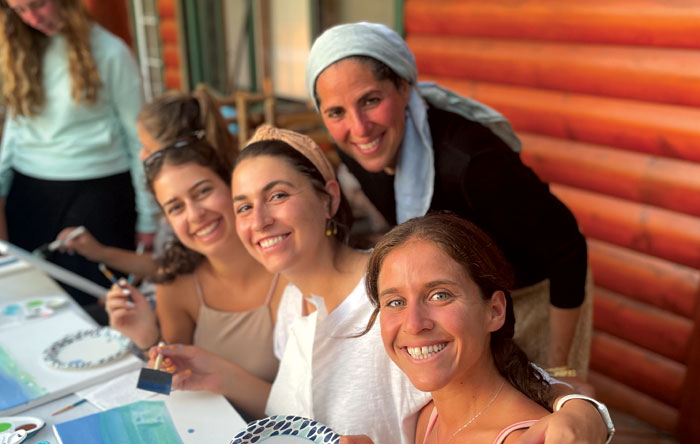
While many American Jews have been angered by the antisemitic, anti-Israel encampments and protests this spring on college campuses, some see an upside.
“The protests have created a spike in unprecedented interest in Judaism among college students,” Rabbi Mordechai Kreitenberg said. “Jewish young people are looking to be together with the tribe, the expanded mishpocha.”
That is not merely an idle observation.
Twenty-five years ago, the Los Angeles native founded Heritage Retreats with two friends — Ken Alter, a classmate at UC Berkeley, and Rabbi Aron Dov Friedman. They provided affordable week-long summer and winter camps for college students (men and women between 20 and 32).
Asked why there are so many “Jews for Palestine” activists on campuses, Kreitenberg shrugged. “You always will have Jews who are on the fringe,” he said. But for the “vast majority of Jews who are in the middle ground,” he said, “what has been happening this spring has been an awakening. They have been forced to see the values in Judaism they were educated with that basically were synonymous with liberal values. Now these have come into question.”
Kreitenberg said Jews need to answer two questions: “What is my Judaism? What does it really mean?” Heritage Retreats, he explained, was born in 1999 as “a personal quest to engage a disenfranchised generation.”
Kreitenberg said Jews need to answer two questions: “What is my Judaism? What does it really mean?” Heritage Retreats, he explained was born in 1999 as “a personal quest to engage a disenfranchised generation.”
The Beverly Hills High School graduate, who attended Beth Jacob Congregation with his family, said the telling moment occurred at the 10-year reunion of his high school class.
“Despite the fact 93% percent of the graduating class was Jewish, when I looked around the room, I realized it was a complete wash for the Jewish people,” the rabbi said. “There wasn’t any connection or sign of Jewish identification.”
In that moment, a career path was born.
“I felt as if something had to be done for young people in order for Jews to realize the value of their heritage,” the rabbi said. “It’s not just an ancient wisdom relegated to the synagogue or to some library. Rather, it is alive, vibrant and speaks to my everyday life and all of my human needs.” He got together with Alter and Friedman and “decided we would create a living and learning experience up in Yosemite” the rabbi said.
In 2000, the three friends rented a small lodge in Yosemite to host young Jews in a setting where they could disconnect to re-connect to their heritage.
In the initial stages, Rabbi Kreitenberg used to go from campus to campus, talking to Jewish students, recruiting them to participate in the new program. Over the past 25 years, the rabbi has seen an evolution in young peoples’ identification with their Jewish heritage.
The decades of the ‘60s and ‘70s were a period of seekers, he said. The following decades brought a direction change. “The idea that there was a capital ‘T’ in truth became a small ‘t’ for most young Jewish people,” Kreitenberg said. “And they are looking for what their truths are. Within the journey young people are exploring, our faith has a tremendous amount to offer about who we are as a person and our relationships with the people most important to us – our parents, our siblings, our spouse. Therefore, it provides critical additional insights we otherwise are missing.”
When they started, Kreitenberg said, “I thought what was most common was the kids we were bumping into were from Conservative Jewish homes. That slowly dried up, though, since that segment of the population slowly has diminished. He cited a Pew study that came out 10 years ago contrasting the three major movements within Judaism.
“It accurately describes where we are now. Kids nowadays don’t come from Reform or Conservative homes. They come from Jewish homes with absolutely no affiliation. That is the norm.“ The critical difference between the decades is the passion. “Whereas once upon a time there was an existential conversation whether Judaism is truth with a capital T, now the question is ‘how does Judaism fit into my life, and how does it make me a happier person?’”
The rabbi noted that Heritage Retreats campers were wandering Jews for two decades. In 2021, Heritage purchased a 40-acre ranch in Whitefish, Montana (pop. 10,000), to have a campus and a meeting spot where students from all over the country could convene and explore their roots.
People ask Kreitenberg why Montana, why Whitefish, 1350 miles from Los Angeles? He is prepared. “Montana is the fourth largest state in the union,” he said, “and it has one of the smallest populations. Montana is one of the last frontiers. You also get Glacier National Park [half an hour away], one of the most beautiful [places].”
Heritage Retreats is 10 minutes from downtown Whitefish. “You don’t have the background noise of the cities in population centers,” said the rabbi, “and cowboy culture is the only culture in the state.”
The rural Whitefish setting fulfills the commitment to create an environment where students can disconnect.
The setting is ideal, he explained.
“When you are able to see the wonders, the beauties of nature, it opens up a part of yourself that is more spiritual.” – Rabbi Mordechai Kreitenberg
“We take groups of young people for one week at a time. This gives them an opportunity to both explore their roots and explore some of the most beautiful places in North America. Those two factors enable a person to recalibrate. When you are able to see the wonders, the beauties of nature, it opens up a part of yourself that is more spiritual.” Alumni regularly testify the camp experience has enabled them to find a north star, that it has been a way of gaining their bearings in a turbulent world.
Each Heritage Retreats session is one week. The basic structure is classes in the morning, hiking and other activities in the afternoon. This schedule is intended to enable the young men and women to process what they have learned, and to develop a sense of Jewish community and bonding.
The cost is $249, which, Kreitenberg said with a smile, covers about five minutes. That he said, still smiling, is why he spends the rest of his year fundraising.
To learn more: https://heritageretreats.com/about/







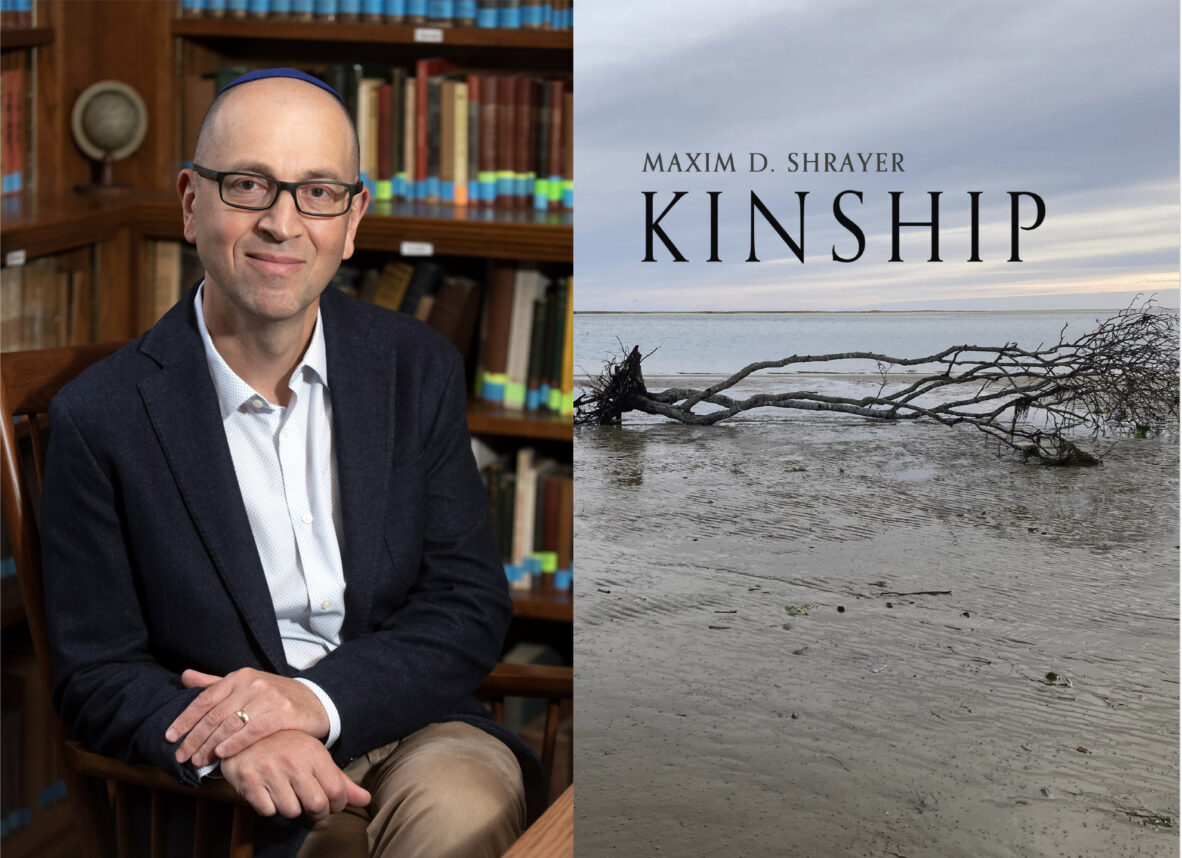
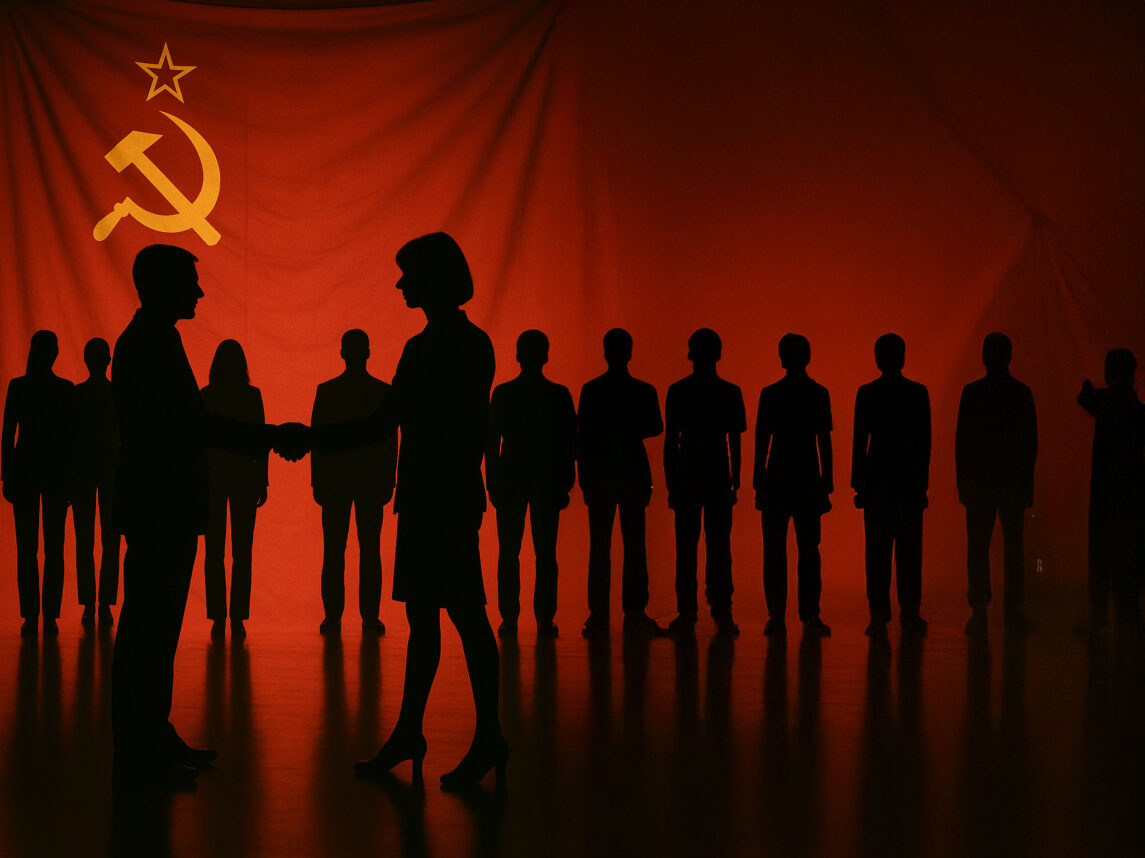
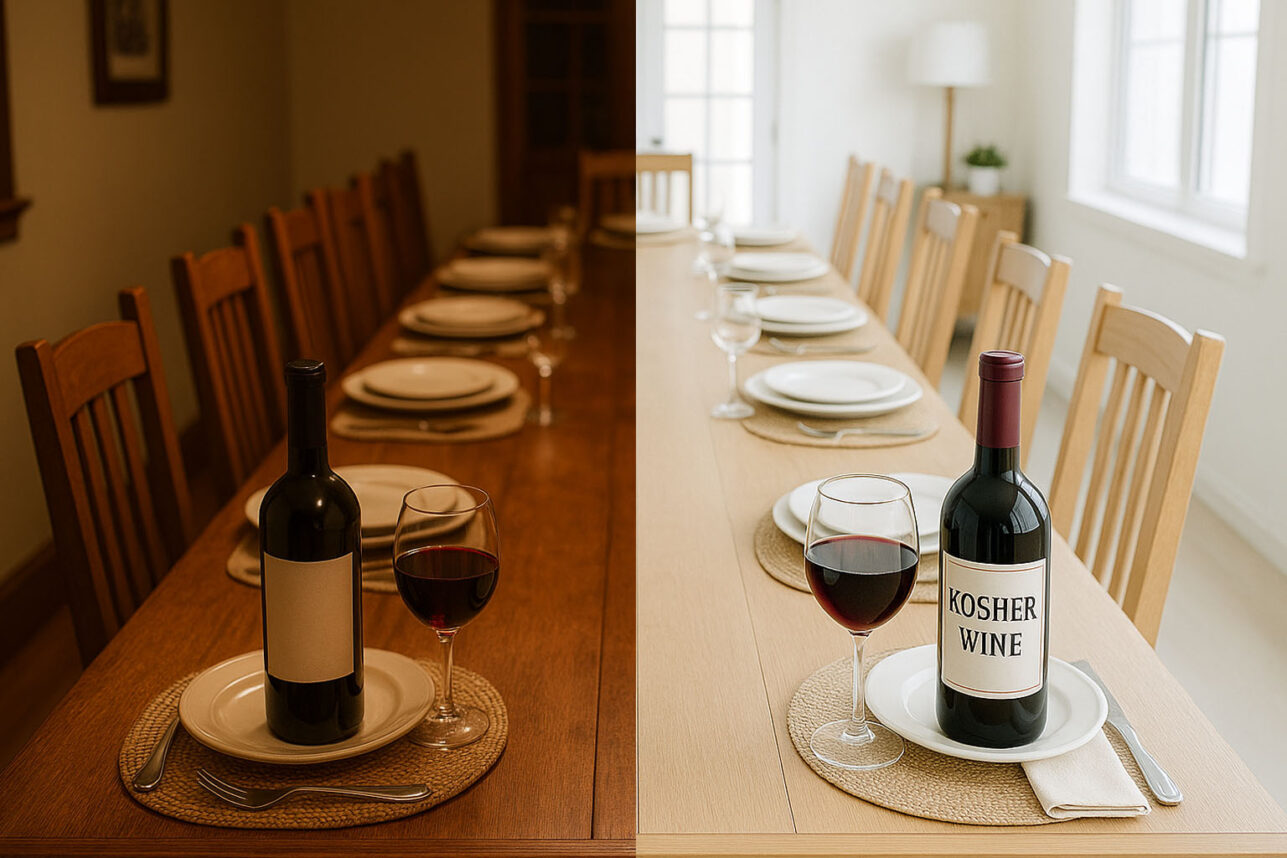
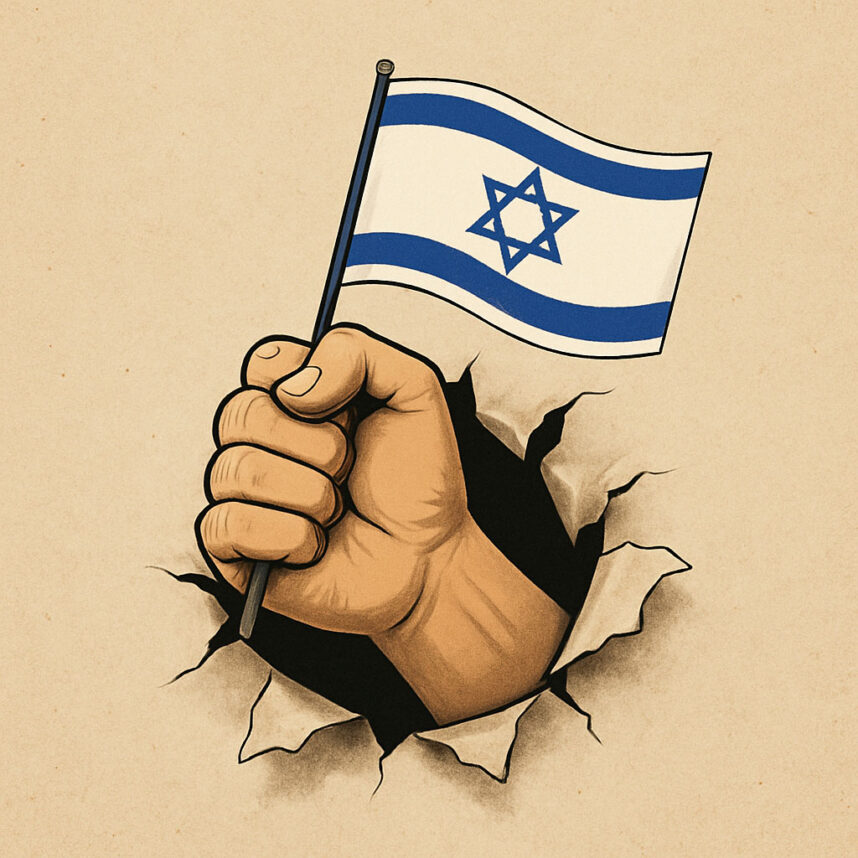
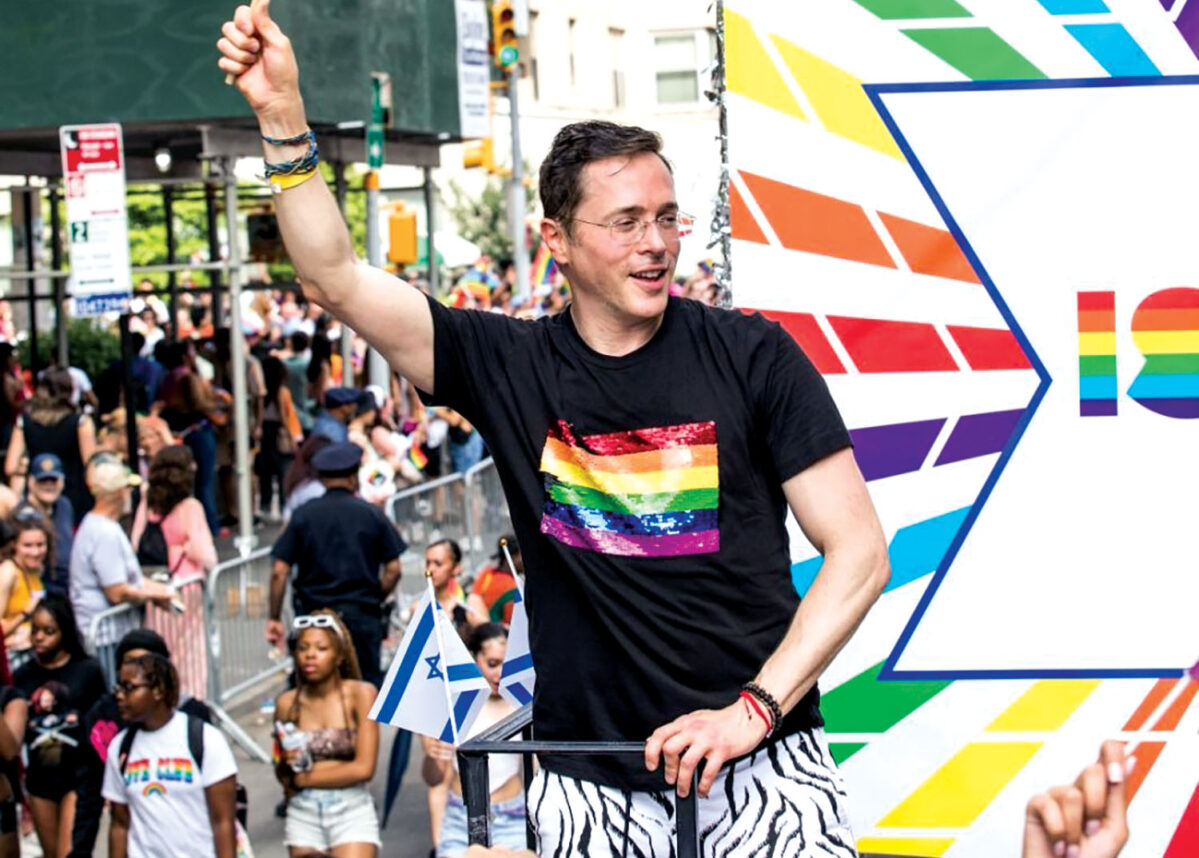
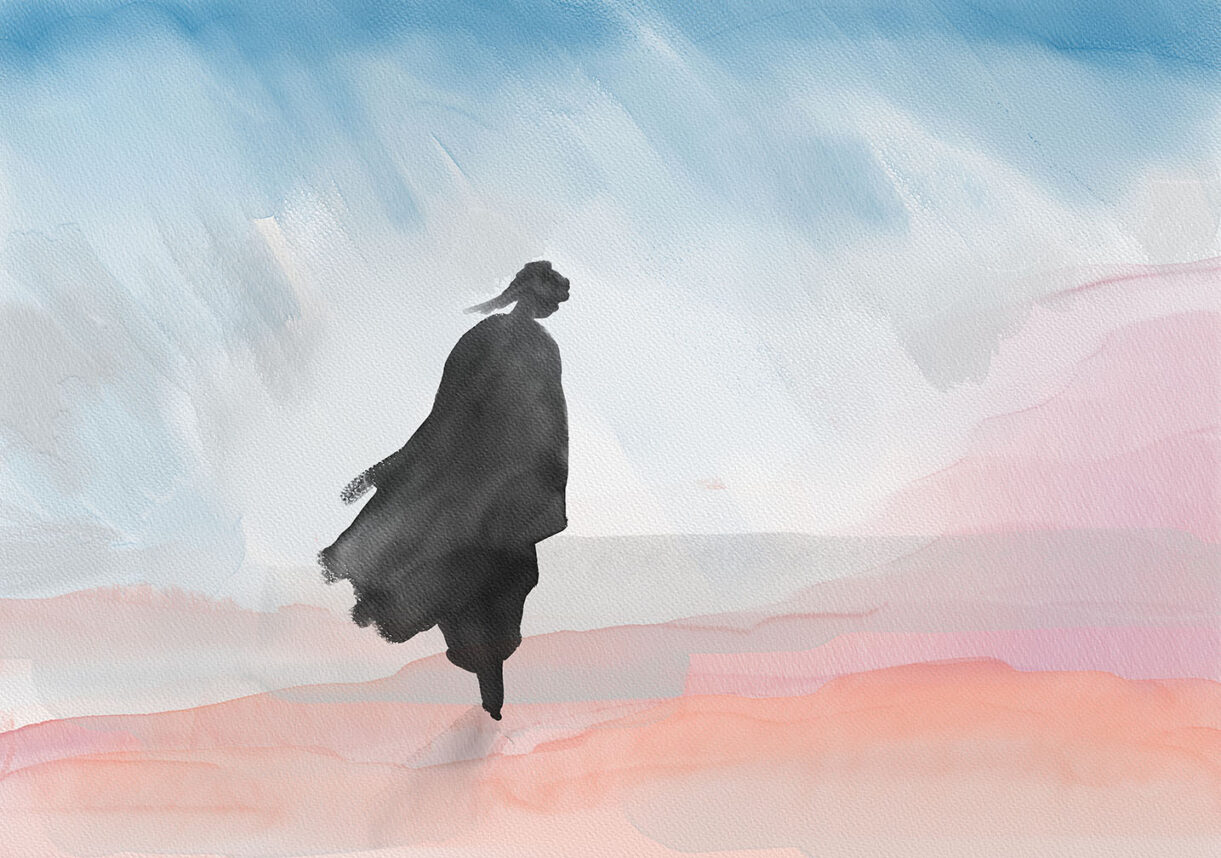
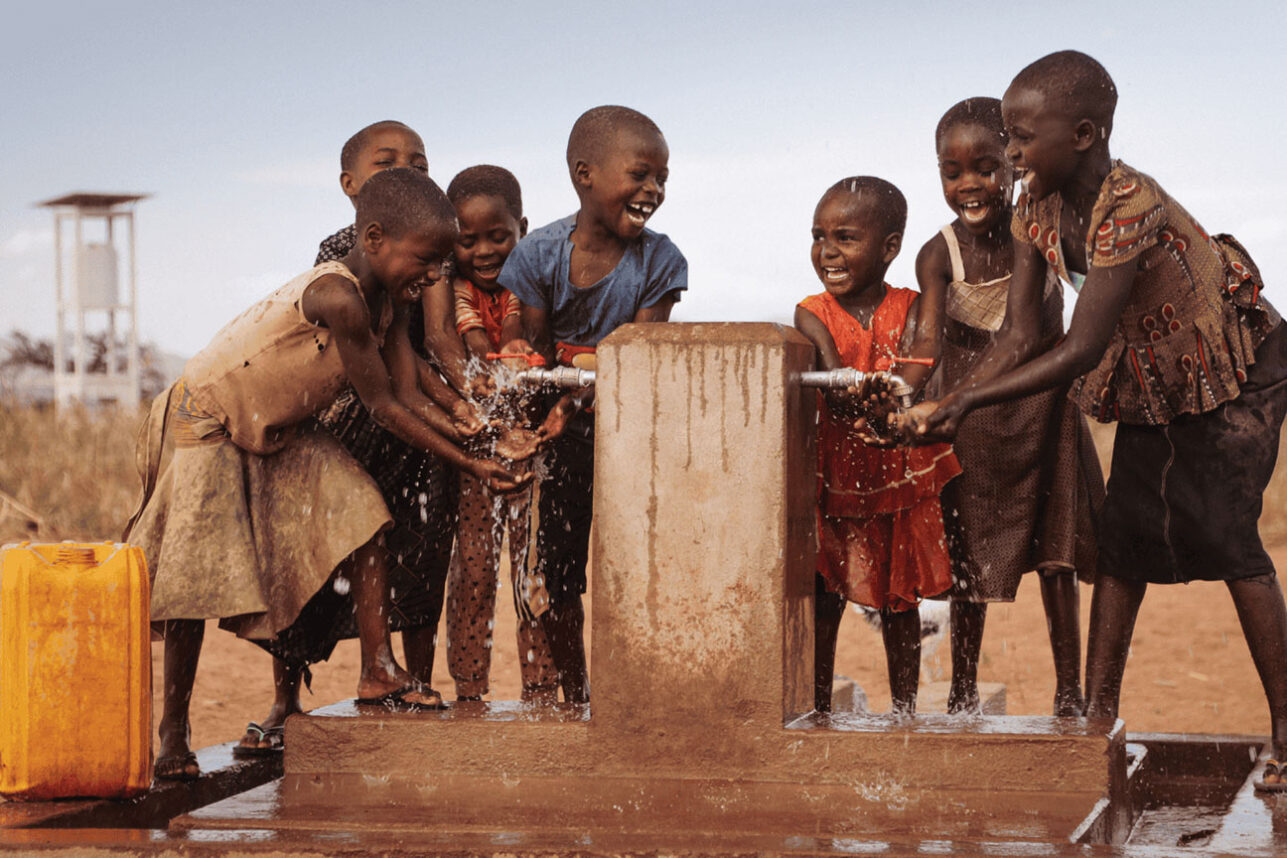

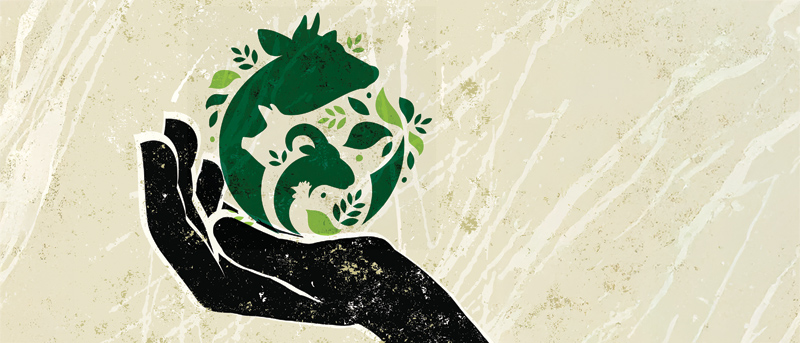
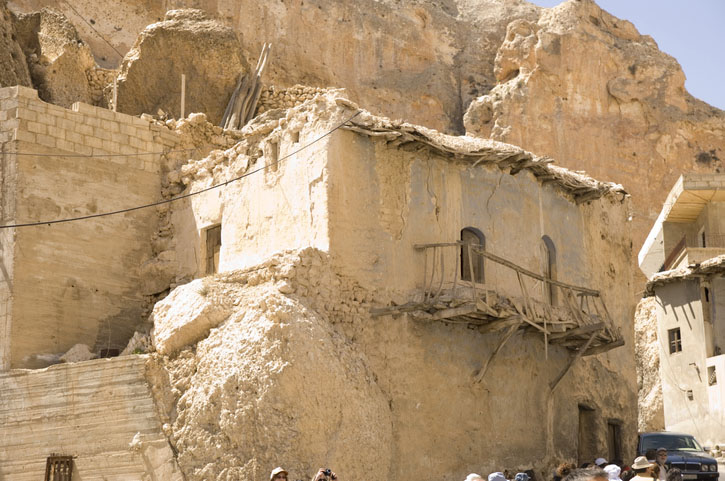
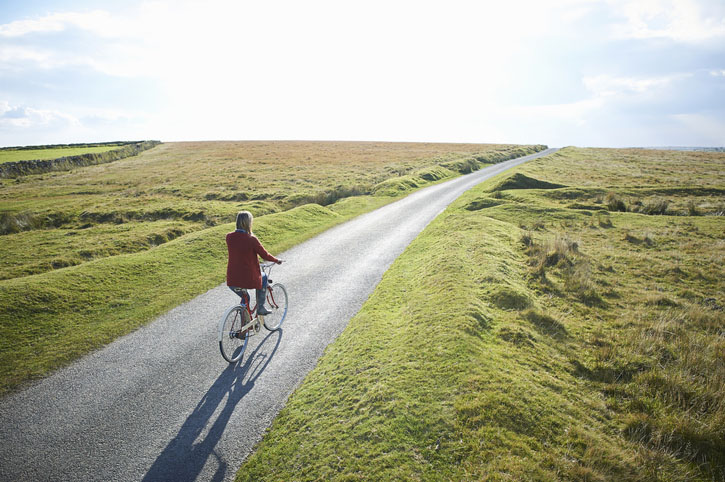



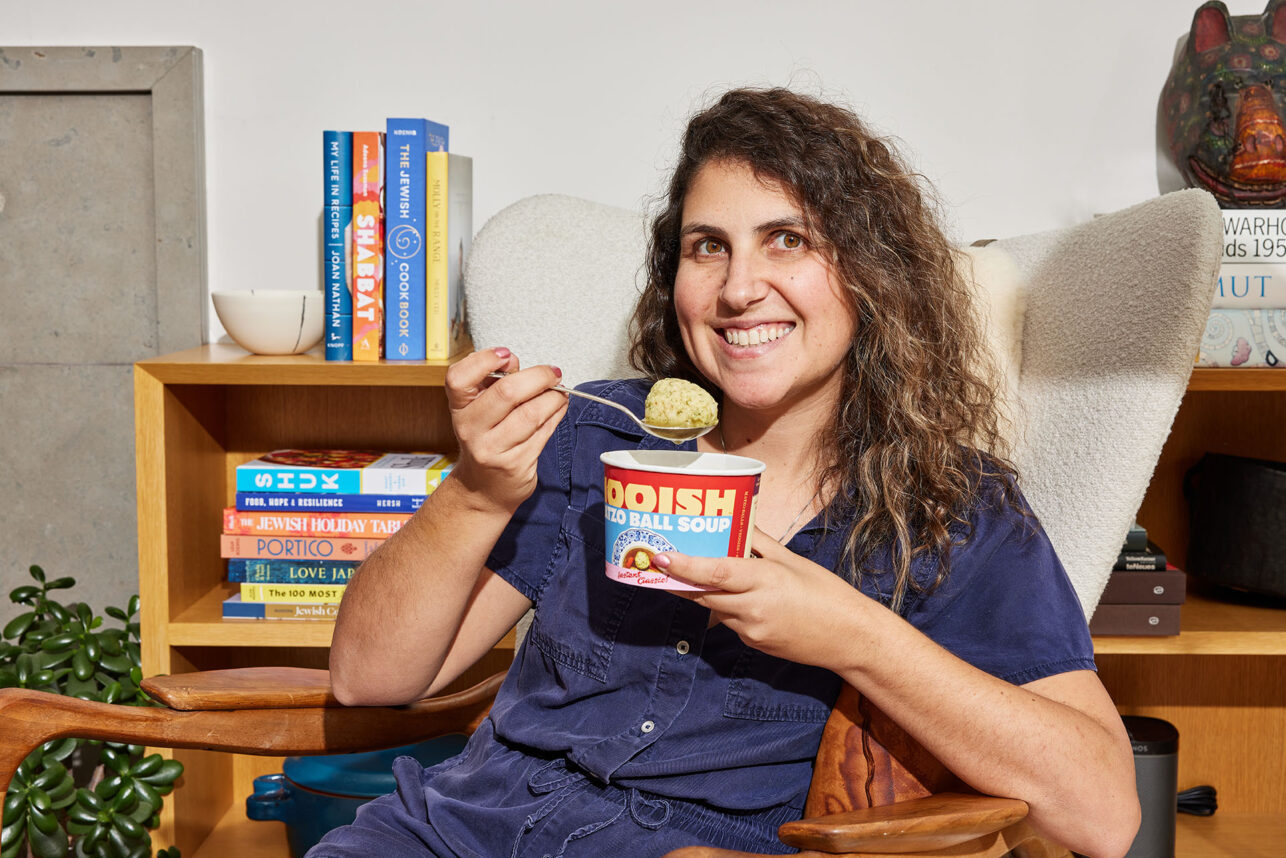


 More news and opinions than at a Shabbat dinner, right in your inbox.
More news and opinions than at a Shabbat dinner, right in your inbox.